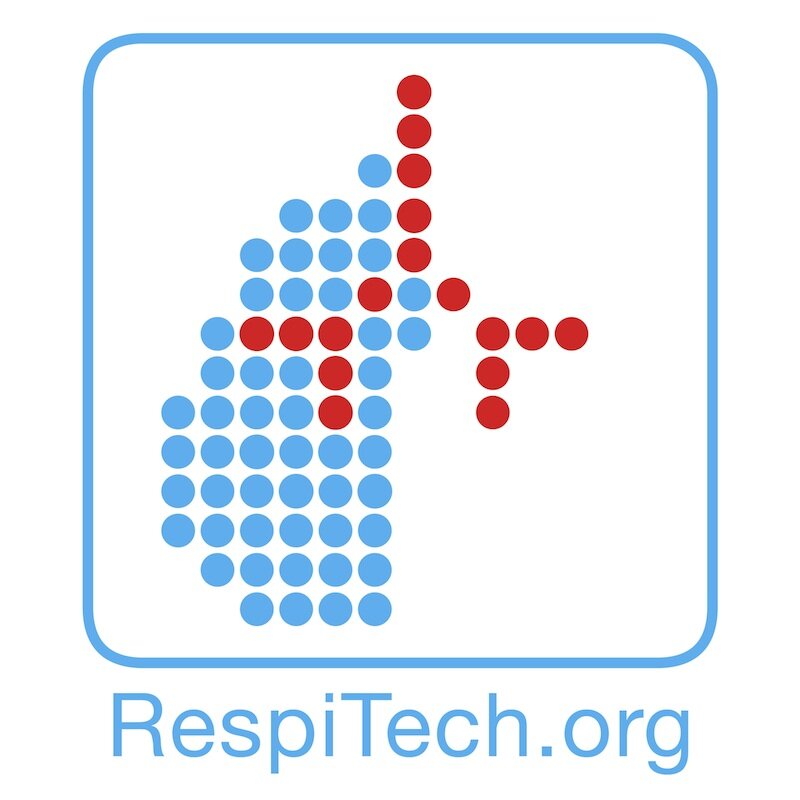Background: The in-situ gelation of thermosensitive nasal formulations with desirable spray characteristics at room temperature and ability to undergo a phase change to a semi-solid state with mucoadhesive behavior at physiological temperature has the potential to efficiently deliver therapeutics to brain. However, their application in nasal spray generation with favorable characteristics has not been investigated.
Methods: Thermosensitive chitosan (CS)-based formulations with different viscosities were prepared for intranasal delivery of ibuprofen using CS of various molecular weights. The formulation developed was optimized with regards to its physicochemical, rheological, biological properties and the generated aerosol characteristics.
Results: The formulations showed rapid gelation (4–7 min) at 30–35°C, which lies in the human nasal cavity temperature spectrum. The decrease in CS molecular weight to 110–150 kDa led to generation of optimum spray with lower Dv50, wider spray area, and higher surface area coverage. This formulation also showed improved ibuprofen solubility that is approximately 100× higher than its intrinsic aqueous solubility, accelerated ibuprofen transport across human nasal epithelial cells and transient modulation of tight junctions.
Conclusions: A thermosensitive CS-based formulation has been successfully developed with suitable rheological properties, aerosol performance and biological properties that is beneficial for nose-to-brain drug delivery.

